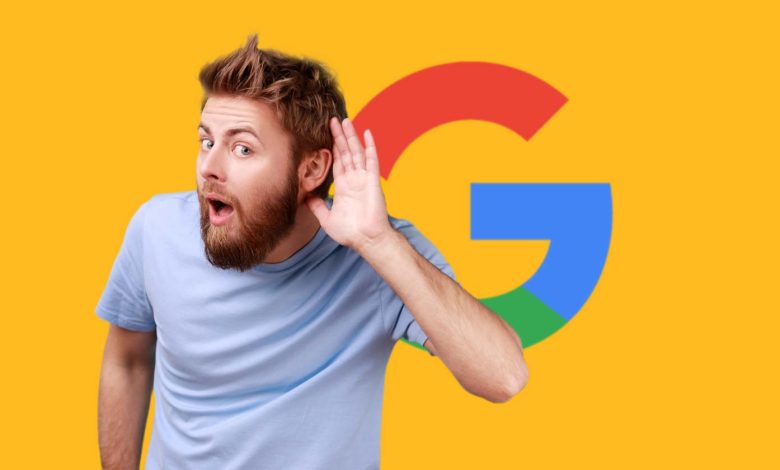
Google recently obtained a patent focused on ranking web pages that a user might find interesting next. This patent details assigning an Information Gain score to evaluate a second set of web pages relevant for predicting subsequent information needs.
As users progressively search using natural language, it’s crucial to prioritize content specificity over keyword abundance. Pages should focus on specific topics and relevant sub-topics rather than attempting to cover every related aspect exhaustively. This patent prompts publishers and SEOs to reconsider their content strategies.
Primarily in the context of automated assistants and chatbots, this patent may offer insights into how AI Overviews and AI-assisted search results rank web pages.
Contextual Estimation Of Link Information Gain
Named "Contextual Estimation Of Link Information Gain," this patent, filed in 2018 and granted in June 2024, revolves around calculating an Information Gain score. This score helps rank a second set of web pages that might interest a user, subsequent to a previous query.
The patent starts with broad descriptions and progressively builds layers of specificity, akin to adding ingredients to a pizza—first mozzarella, then mushrooms, followed by onions, gradually creating context.
Information Gain And SEO: What’s Really Going On?
Recently, there was a social media claim that "Information Gain" played a key role in a Google core algorithm update, suggesting that pages with more information had a ranking advantage. However, upon examining the patent, it’s evident that "Information Gain" is not about ranking pages based on sheer information quantity. Instead, it may offer insights into one aspect of how AI Overviews might rank web pages.
TL/DR Of The Information Gain Patent
The Information Gain patent is intriguing because it suggests a method for AI Overviews to rank web pages likely to interest users based on their previous searches. It introduces a level of personalization by predicting user interests.
The patent outlines a scenario where a user submits a query, receives an answer from an automated assistant or chatbot, and a scoring system ranks a second set of relevant web pages for potential future interest. This adds a new dimension to how web pages are ranked.
The Patent’s Emphasis on Automated Assistants
The patent, in its various versions from 2018 to 2024, primarily centers on automated assistants and chatbots. It mentions "automated assistant" numerous times and "search engine" fewer times. Similar to AI Overviews, search engines are part of this patent but within the context of automated assistants.
There’s no indication that more comprehensive pages necessarily rank higher in organic search results based on this patent.
General Description Of Context
The patent covers presenting search results within an automated assistant and natural language question-answering framework. Initially, it describes a broad context where an Information Gain score indicates the additional value of a document beyond previously viewed documents.
More Specific Context: Automated Assistants and Chatbots
The patent elaborates on processing search queries, identifying relevant documents, and using chatbots for extracting and presenting information, akin to featured snippets but in a chatbot context.
Ranking The Next Set Of Search Results
The Summary section explains that the Information Gain score ranks a second set of web pages likely to interest the user, based on additional valuable information beyond what was in the first set of documents.
Ranking Based On Topic Of Web Pages
The patent then discusses evaluating pages based on their topics and calculating the Information Gain score. It suggests various methods for representing what a page is about and using those representations to score the information gain.
What All Versions Of The Patent Have In Common
Across different versions, core elements include applying the Information Gain score to a second set of documents, emphasizing automated assistants, and maintaining interaction through what’s termed as "dialog turns."
Claims Of The Patent
The patent’s claims section outlines the precise scope of the invention, focusing on ranking web pages based on user queries, identifying topics, and using Information Gain scores to rank additional documents with new information of interest.
Information Gain Patent
Misconceptions suggested that this patent affected organic search rankings. However, it primarily focuses on predicting user interest in follow-up topics. The patent is applicable to automated assistants and potentially to AI Overviews but is not limited to these contexts.
This patent demonstrates a sophisticated approach to anticipating user information needs and ranking web pages accordingly. Whether it also applies to contexts like Featured Snippets remains unspecified.
Featured Image by Shutterstock/Khosro


